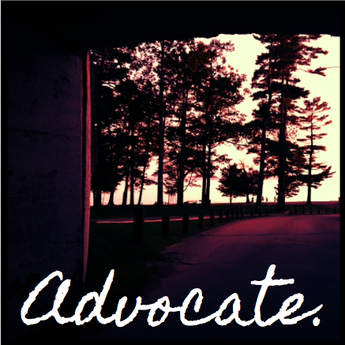|
This week I have the fantastic opportunity to present/facilitate five days of hands-on workshops for teachers in Burlington, Vermont. Why is Packwoman in Vermont? For this wonderful maker camp organized by Google Certified Educator, Lucie deLaBruere (@techsavvygirl): When I boarded my flight in LAX, I did so with the expectation that I would learn a lot from the teachers out here on the east coast - and even though today was only Day Two, I really can say that I have learned a ton already! What I'd like to share in this post, however, is about the incredible technology advocacy accomplished by teachers here in the state of Vermont. During our lunch conversations for the last two days, several teachers have shared the structure of education funding in this state, which is much different than the system I am used to in my home district, Palm Springs Unified. In Vermont, the school's operating budget is subject to community approval. Budgets are proposed by school sites, then voted on at Town Hall Meetings, which are held in each city. I am told that meetings generally take place the first Tuesday of every month. Around the budgeting time of year, residents decide whether to approve or reject proposed school budgets based on their own perceptions of student needs and effective pedagogical tools. As one participant shared with me, this can make technology spending somewhat of a challenge. Specifically, if a community is reluctant to take on a particular technology initiative, such as the 1:1 iPad Programs that seem to be gaining momentum in some schools here, they have the freedom to reject the budget and suggest revisions. The result of this type of extensive local control is that teachers must become strong advocates for effective pedagogical methods and the technology tools that are so essential. I think it is very interesting that community stakeholders have such a huge potential impact on what (from my limited experience) seems to be something that schools more typically are able to dictate and approve on their own. I admire the level of technology advocacy teachers must adopt here, and I wonder how well we (teachers in other states) would be able to advocate if we were subject to a similar budgetary structure. It is imperative to educate the community about why educational technology matters; so often, we focus on getting other teachers or administrators on board with tech - what about parents and the communities we live in? Could we be better advocates? Could we affect more meaningful change by altering the perception of "necessary" classroom tools? Could we communicate more with parents to showcase the difference tech makes in the academic and personal lives of students? I think so. Let's take a page from the book of Vermont's outstanding educators and aspire to be true advocates for student use of technology. At the very least, let's make sure we each have a good elevator speech so we're not caught off guard when we have the opportunity to share, and let's mentally compose some research-based responses for skeptics. Let's strengthen our connections to our communities, and share why we are so confident that what we do is significant in the education of tomorrow's global citizens. How do you advocate most effectively for student use of technology? How is purchasing regulated at your school? Comment on this post or hit me up on Twitter @Packwoman208 to continue the conversation. By Jessica Pack
jpack@psusd.us
2 Comments
7/16/2013 01:04:12 pm
First, thank you for enduring the long flight and sleep deprivation that brought you to Vermont! We are grateful for your presence in the Green Mountain state.
Reply
11/28/2013 04:19:25 pm
I am sure that the informative you shared through your post is useful for people. I am impressed with the way of writing. It kept connected me all the time. Keep up the good work.
Reply
Your comment will be posted after it is approved.
Leave a Reply. |
Author: Jessica PackCalifornia Teacher of the Year. CUE Outstanding Educator 2015. DIGICOM Learning Teacher Consultant. 6th Grade Teacher. Passionate about gamification, Minecraft, digital story-telling, and fostering student voices. Download:Archives
June 2020
Categories
All
|



 RSS Feed
RSS Feed